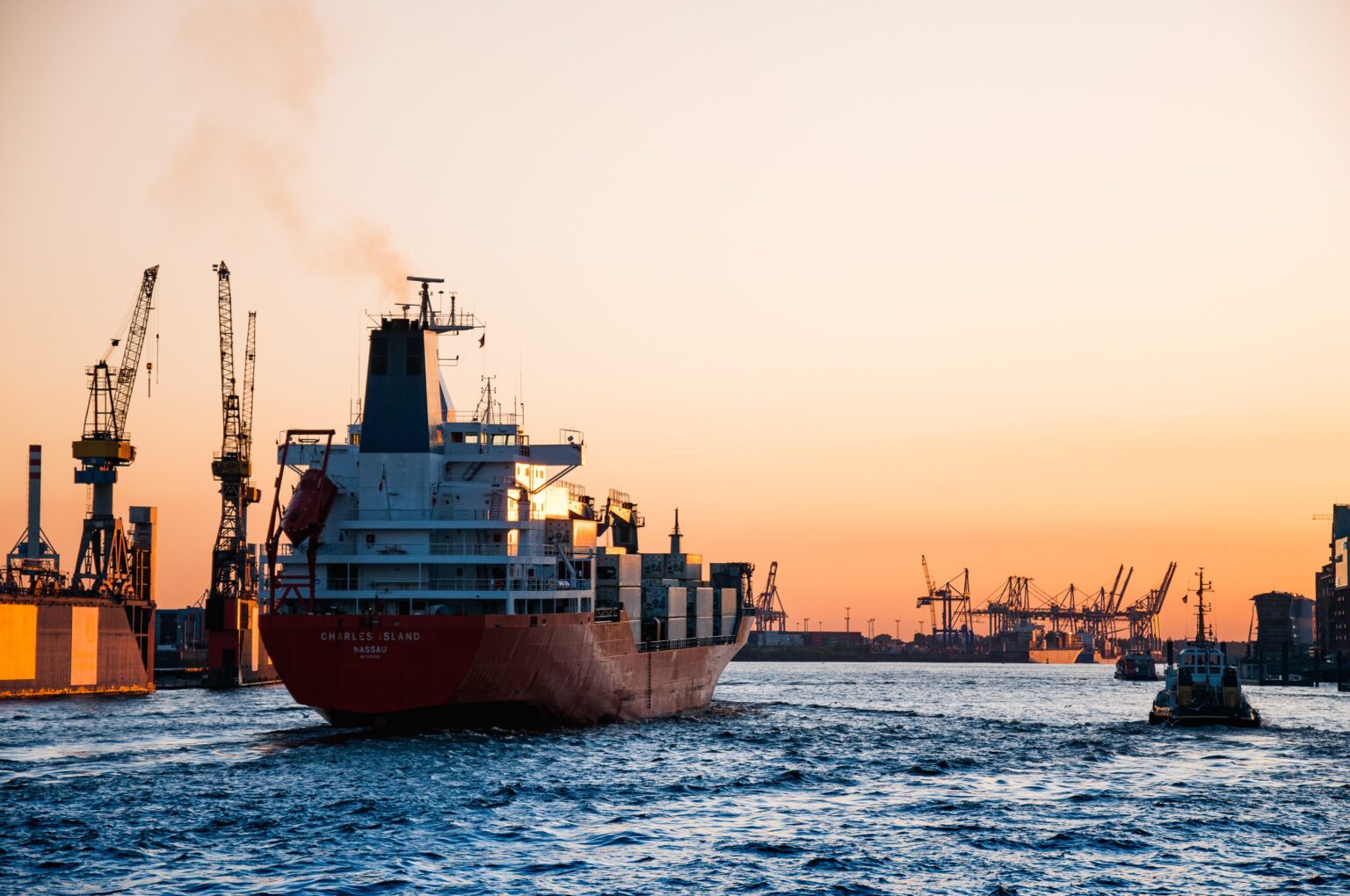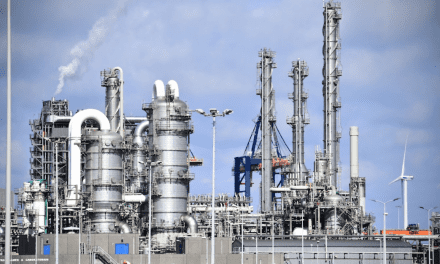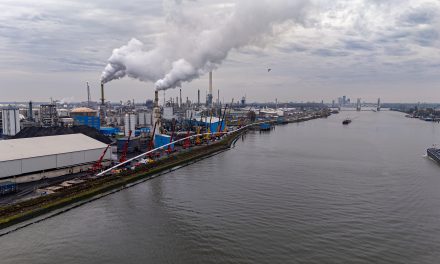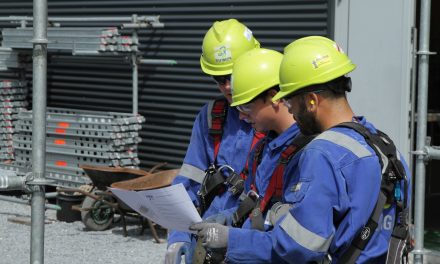
Minder brandstofverbruik dankzij just-in-time aankomsten

Containerschepen die just-in-time varen, kunnen hun brandstofverbruik met 14 procent verminderen. Daarmee daalt ook de CO2-uitstoot.
Er is sprake van een just-in-time aankomst wanneer een schip zijn snelheid dusdanig aanpast, dat het tijdig bij een ligplaats, nautische dienst of een vaarweg arriveert. Onlangs is een internationaal onderzoek uitgevoerd naar de effecten van just-in-time varen. Het Havenbedrijf Rotterdam heeft hieraan meegewerkt.
Just-in-time aankomsten
In het onderzoek zijn drie scenario’s onderzocht. Bij het eerste scenario past het schip gedurende de gehele reis zijn snelheid aan. Dit levert een gemiddelde brandstofbesparing van ruim 14 procent op. Bij het scenario waarbij de snelheid over de laatste 24 uur is aangepast, bedroeg de brandstofbesparing 6 procent en bij het scenario waarbij de snelheid over de laatste 12 uur werd ‘geoptimaliseerd’ was dit 4 procent. Volgens het havenbedrijf toont dit aan dat het toepassen van just-in-time varen over de laatste 12 uur van de reis al een grote bijdrage kan leveren aan het besparen van brandstof en dus het verlagen van de uitstoot.
Zie ook: PortXchange doet Brazilie aan
English translation
Less fuel consumption thanks to just-in-time arrivals
Container ships that sail just-in-time can reduce their fuel consumption by 14 percent. This also reduces CO2 emissions.
A just-in-time arrival is when a ship adapts its speed in such a way that it arrives on time at a berth, nautical service or waterway. Recently, an international study was carried out into the effects of just-in-time sailing. The Port of Rotterdam Authority participated in this study.
Three scenarios
Three scenarios were examined in the study. In the first scenario, the ship adapts its speed during the entire voyage. This results in an average fuel saving of over 14 percent. In the scenario where the speed was adjusted over the last 24 hours, the fuel saving was 6 percent and in the scenario where the speed was ‘optimised’ over the last 12 hours, it was 4 percent. According to the Port Authority, this shows that the application of just-in-time sailing over the last 12 hours of the voyage can make a major contribution to saving fuel and thus reducing emissions.









